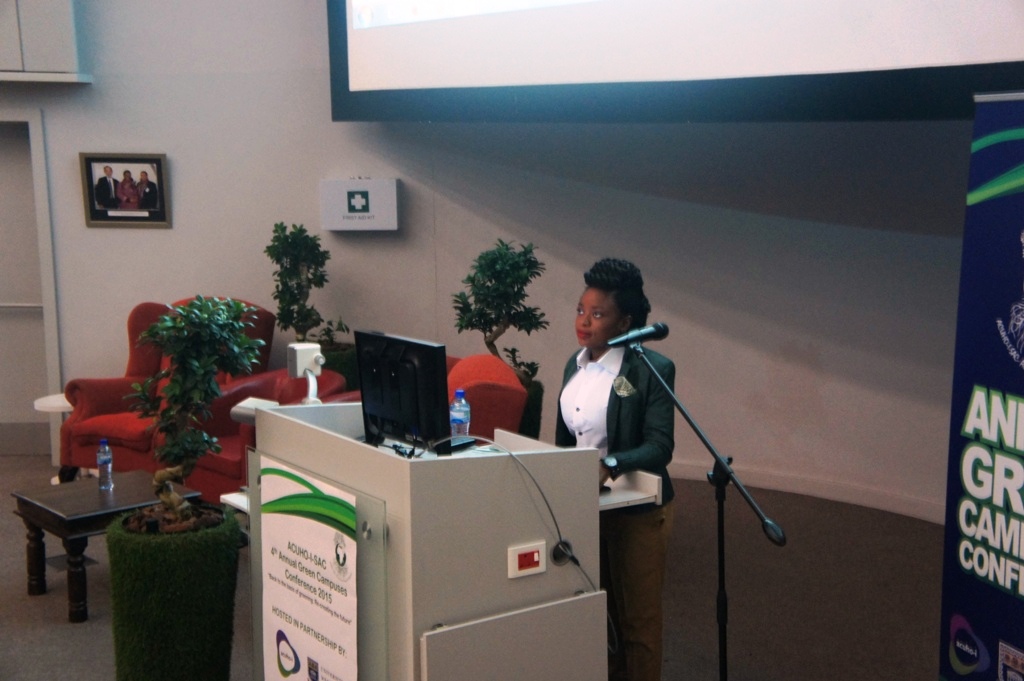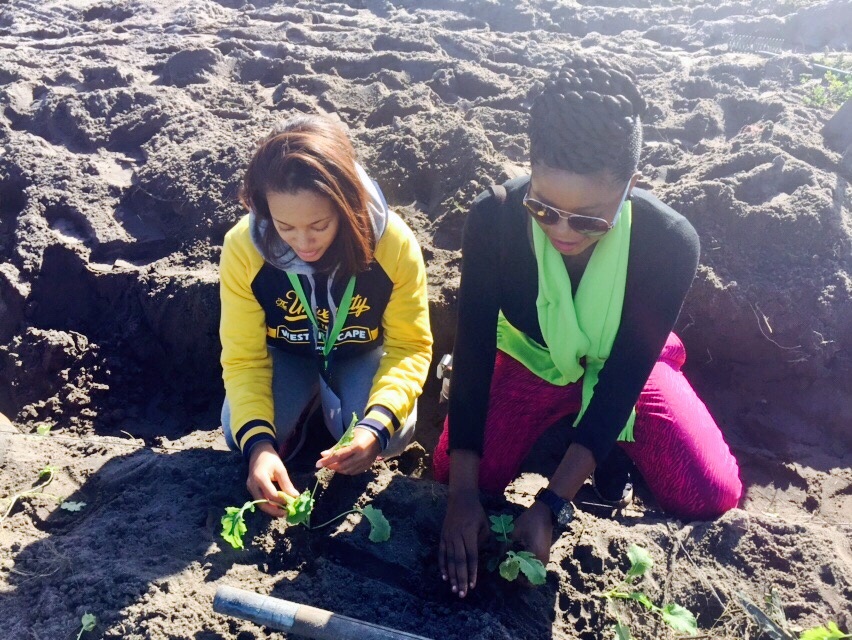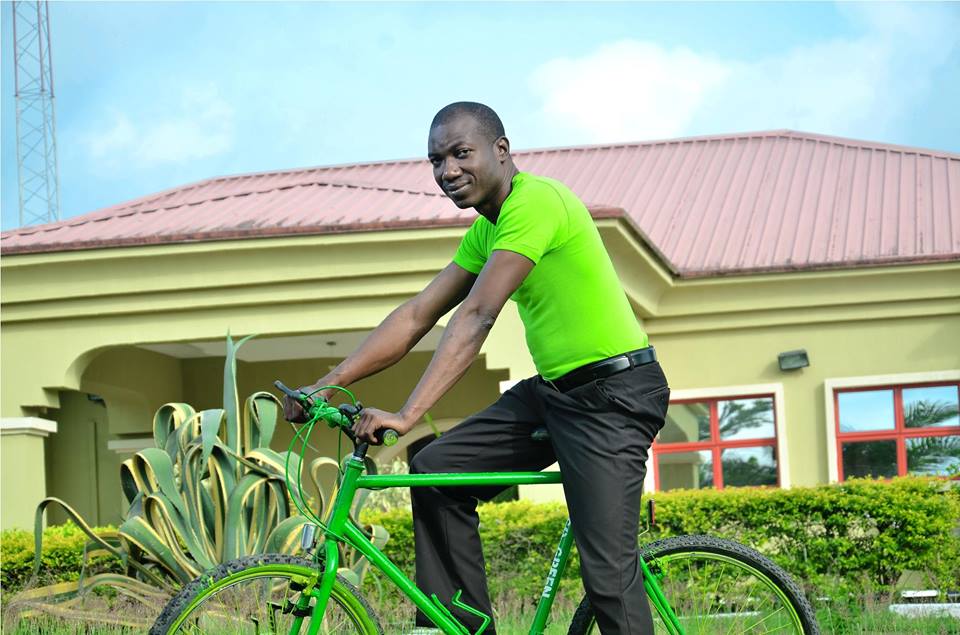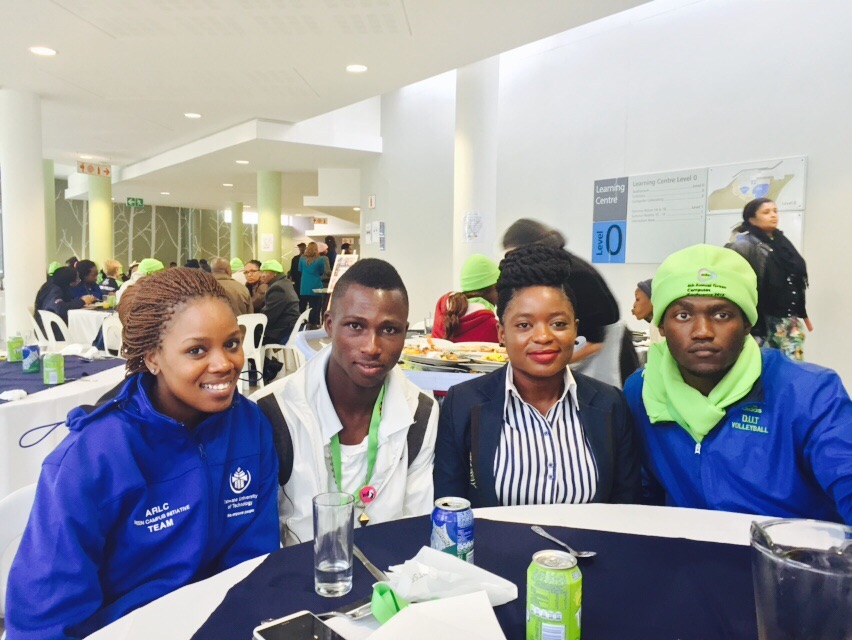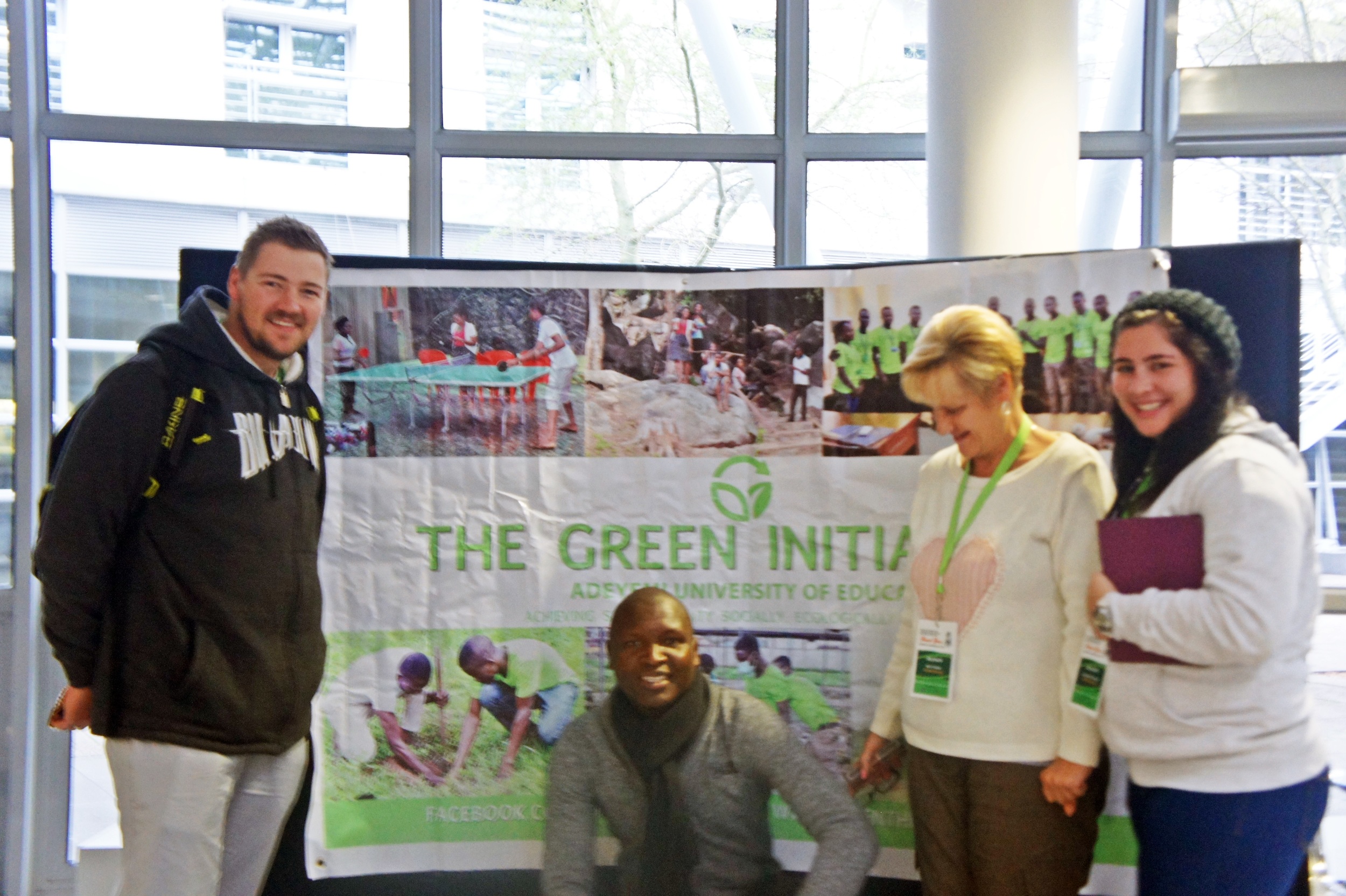Before finally putting the threads of this article together, I wondered for a while on how the Nigerian public might respond if they were asked ‘is Nigeria really green’?
Since, I cannot conduct a poll to answer this question, let us look at some narratives on Nigeria's eco sustainability as it relates to air, land, and water
First, is the issue of gas flaring. Gas, a major cause of human and environmental health issues in the Niger Delta, has been flared in Nigeria since the 1950's.
When crude oil is extracted from onshore and offshore oil wells, it brings with it raw natural gas (eg CO2) to the surface. In Nigeria, a vast amount of this is burned directly into the atmosphere, resulting in the acidification of waterways and rainfall. This in turn damages vegetation, insect and animal life. Its effects are also associated with cancer, neurological defects, deformities in children, lung damage and skin problems.
Many oil and gas companies argue that as transportation, pipelines and infrastructure are lacking, flaring gas as a waste product is the cheapest option. I see this argument as both uncivil and inhumane! What possible justification can be given for directly or indirectly causing life-threatening hazards? Financial implications?
The best the federal government and Minister of Petroleum Resources have been doing since 1984 is to grant written permission to these companies to slowly kill our air, and penalize with a fine, other companies that destroy our waterways, without giving them prior notice. Financial implications again! Over the years, they have forgotten that alternative options exist, for example, using this so called waste products as materials for the synthesis and production of plastics.
To be considered also are the present plights of the people of Oloibiri (Bayelsa State) and Ogoni Kingdom (Rivers State) - I do remember them most solemnly. These are areas that have undergone devastating environmental degradation: presence of oil blowouts, spillages, oil slicks, and general pollution. Once rich rivers have become empty; fish, if any remain, die in their waters. Same is the case on the already infertile lands; rabbits now hide in their burrows. Yet many cry, 'there is black gold, oil enriches'. How sad! Is it the oil that cannot be used by the Ogonis to anoint their foreheads, or the oil that the people of Oloibiri cannot use to fry their stew?
Do not get me wrong at this stage, I am not out for the oil companies, or negatively inclined. I just think that the above narratives have a voice- and this matters.
Of course, Nigeria and her federal government had taken some quite remarkable steps in promoting Climate Action and environmental sustainability, over the last few years. Key examples are the Great Green Wall Project, Nigeria Erosion Watershed Management Project (NEWMAP), Climate Change Department, and the proposed Global Climate Change Commission.
At the end, the answer to the question lies with us.
Is Nigeria really green?
ABOUT THE AUTHOR
Christopher Oghenekevwe Oghenechovwen , a B.Tech student of Meteorology and Climate Science (FUTA), is a decolonized African, environmentalist and ready volunteer. He is 2013 Citizenship and Leadership Certified by CLTC, Nigerian Federal Ministry of Youth Development, a 2015 UNESCO & Athabasca University student on Media and Information Literacy and Intercultural Dialogue, 2015 Senior Category Gold Winner of The Queen's Commonwealth Essay Competition, and youth correspondent at yourcommonwealth.org . His growing passions lie within the circle of Climate Action, Media and Information, IT, Youth Education and Leadership. Apart from volunteering with Earthplus, The Green Campus Initiative, and doing creative writing, Oghenekevwe loves to connect with people. Invite him for a healthy conversation via chrischovwen@gmail.com


